
In the early stages of drug development, as the promise surrounding a new therapy builds, there is a palpable sense of the stakes being raised. And when encouraging findings lead to progress on the clinical trial pathway, those stakes are
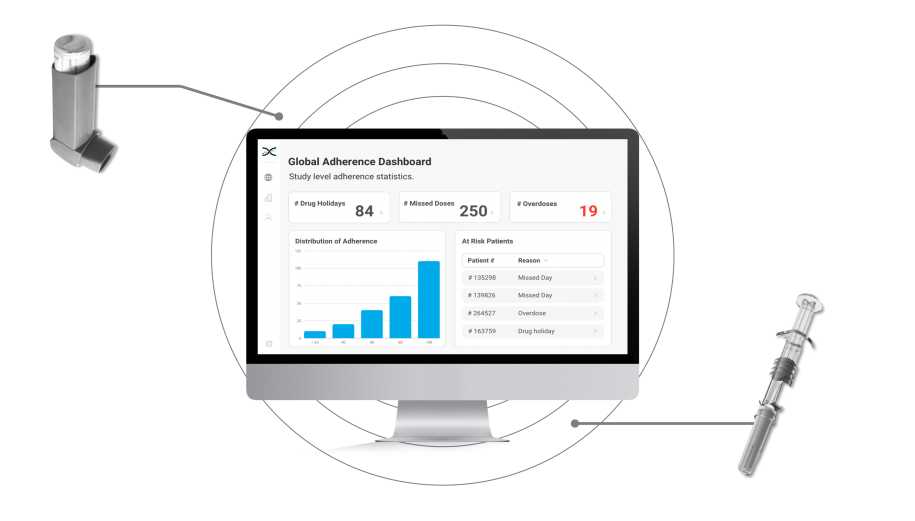
Medication adherence devices are electronic solutions designed to help participants take their medication as prescribed. These devices can take many forms but generally work by harnessing hidden technology to capture the date and time of drug administration. Device Data is analyzed in remote software, giving researchers real-time insights into how participants adhere to the dosing regimen. Together, AARDEX Group and our ecosystem partners are streamlining how sponsors identify and manage poor adherence, ensuring the validity of clinical trial data.
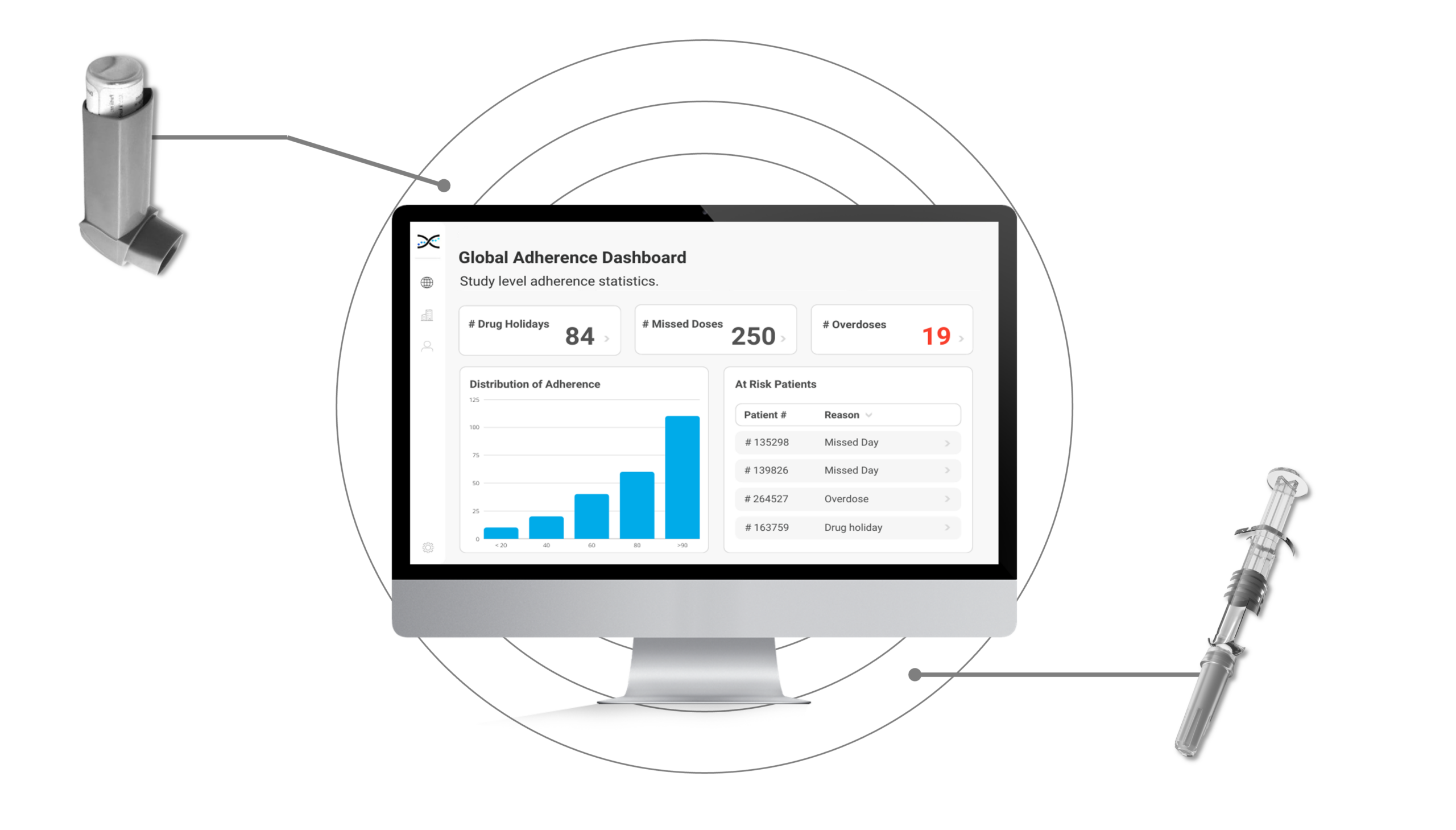

MEDICATION ADHERENCE DEVICES
Research indicates that poor adherence is a common issue in clinical trials. Lack of remediation can present significant consequences such as reduced statistical power, biased results, reduced generalizability, increased variability, failure to identify adverse events, and in some cases, trial failure.
In response to the problem, AARDEX Group has teamed up with several industry-leading medication adherence device developers, each selected for their participant-friendly designs, accuracy, and reliability. Our ecosystem vendor devices are welcome additions to our network, as they have enabled us to provide adherence monitoring solutions that cater to all routes of drug administration.
The Devices contain internal storage and sensors, sometimes microprocessors, that capture and store the date and time of drug administration. Data is then synchronized to AARDEX Group’s medication adherence software, MEMS AS®. Passing the data to MEMS AS is a vital step towards ensuring adherence because to remedy the problem, researchers first have to know that there is a problem, missed days, drug holidays, and overdoses for example, and which participants they need to coach. MEMS AS takes care of that by interrogating the data with proprietary algorithms and presenting the data in a series of visually appealing dashboards. Together, MEMS AS and adherence devices help researchers get help to participants that need support sooner than any other solution.
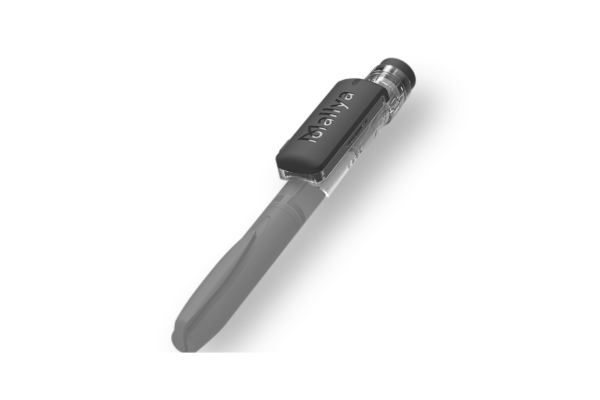
Biocorp Mallya
Brought to you by Biocorp, Mallya is a self injection pen add-on that automatically captures the date and time of injections.
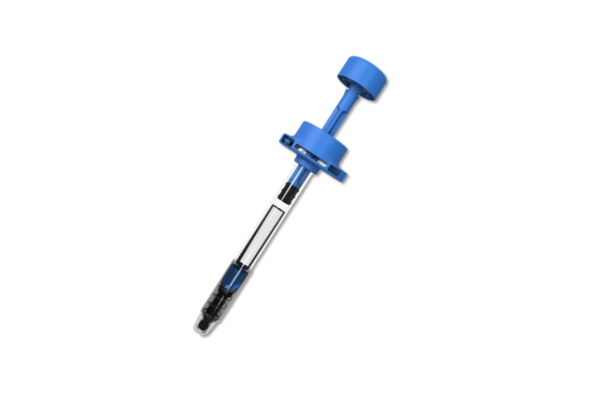
Biocorp Injay
Brought to you by Biocorp, Injay is a pre-filled syringe add-on solution that allows for automated collection of injection event data.
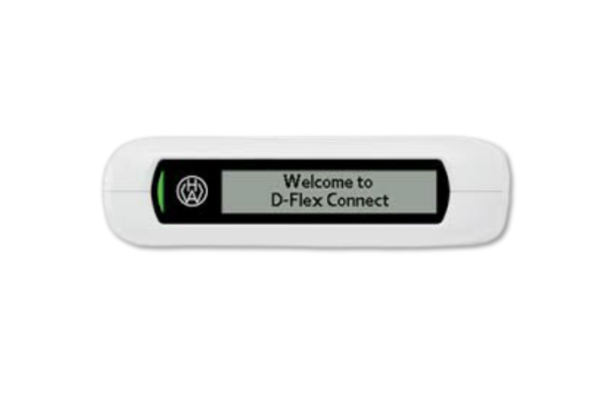
D-FlexTM Logbook
Brought to you by medmix, the D-Flex Logbook is a pen injector add-on that automatically captures the date and time of injections.
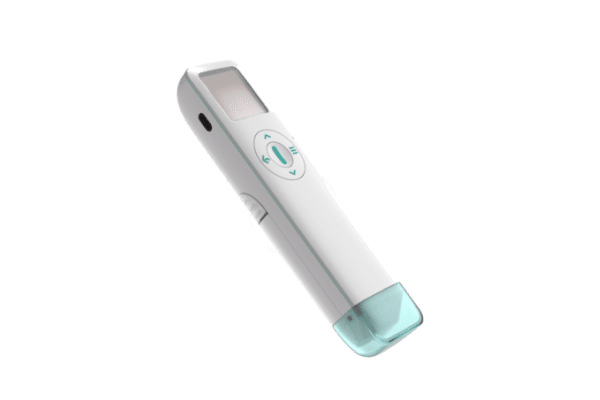
OnDosis
Dosage Manager by OnDosis is an innovative medication delivery and management solution for clinical trial patients.

Need Help?
Schedule a complimentary adherence consultation with our resident medication adherence expert, Bernard Vrijens.
Adherence Knowledge Center
Immerse yourself in a wealth of knowledge featuring an abundance of FAQs, case studies, industry expert-led videos, and cutting-edge scientific papers to gain a deeper understanding of medication adherence and why it matters in clinical trials.

OUR CLIENTS
Some of the world's leading pharmaceutical companies have embraced our medication adherence devices. From global giants to niche players, these organizations have recognized the value of our innovative solutions for enhancing medication adherence, reducing costs, and improving patient outcomes. It's an honor to partner with these remarkable brands, and we're proud to contribute to their efforts in advancing healthcare.

Medication Adherence Software →
Learn about our industry-leading adherence software for trials.
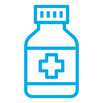
Medication Adherence Packaging→
Discover our range of medication adherence packaging.
Got Questions?
Connect with an adherence expert.
Medication adherence is a vital yet often overlooked aspect of successful research. That's why we've gone the extra mile to gather and organize the most frequently asked questions about this critical topic. Our goal is to empower researchers and patients alike with the knowledge they need to ensure medication adherence is never a hurdle to progress. So, without further ado, here are the answers you've been looking for!
Medication adherence devices devices can provide several benefits for clinical researchers. Here are some examples:
Improved accuracy: can provide researchers with accurate data on medication-taking behavior, which can improve the accuracy and reliability of the study results.
Reduced bias: can help reduce bias in the study results by providing objective data on medication-taking behavior. This can help ensure that treatment groups are compared fairly and accurately.
Increased efficiency: can help increase the efficiency of clinical trials by providing real-time data on medication adherence. This can help researchers identify adherence-related issues early and make adjustments to the study protocol as needed.
Remote monitoring: can allow researchers to monitor medication adherence remotely, which can reduce the need for in-person visits and improve the convenience of the study for participants.
Improved patient outcomes: By improving medication adherence, adherence devices can help improve patient outcomes, which can ultimately improve the quality and impact of the study results.
Overall, these devices can provide several benefits for clinical researchers. By improving the accuracy and reliability of the study results, these devices can enhance the validity of clinical trial findings and support the development of effective treatments for patients.
Looking for solutions that cater to oral, ophthalmic, and topical administration? Check out our adherence packaging solutions that include many formats including smart blister packs, smart pill bottles, etc.,
They have been developed in a variety of formats:
Smart Inhalers: smart inhalers, like the HeroTracker Sense, transform standard metered dose inhalers into smart inhalers. Hidden sensors in the HeroTracker capture and store the date and time of inhalation, along with information on the participants administration technique.
Pre-Filled Syringe Add-ons: Pre-Filled syringe add-ons make standard PFSs smart! By attaching a custom piston rod and finger flange equipped with digital connectivity, this type of solution can detect complete injections and record the date and time that administration occurs. To see a real-life example, check out Injay.
Pen Injector Add-ons: Pen injector add-ons typically replace the standard cap on injection pens with a cap that includes sensors that activate when the cap is removed from the pen. The injection date and time is stored within the internal memory. For a real-life example of this type of solution, check out the D-FlexTM Logbook.
They can improve medication adherence in several ways. Here are some examples:
Reminders: can provide patients with reminders to take their medication. These reminders can be in the form of an alarm, a notification on a mobile app, or a visual cue on the device itself. Reminders can be particularly helpful for patients who have difficulty remembering to take their medication on time or who have a complex medication regimen. All of the AARDEX Group ecosystem devices are compatible with MEMS® Mobile, participant-facing companion app that features customizable calendarized reminders.
Feedback: Can provide patients with feedback on their medication-taking behavior. This can include information on the timing and frequency of medication doses, as well as feedback on whether medication has been missed or taken late. Feedback can help patients stay on track with their medication regimen and can help them identify potential adherence-related issues.
Monitoring: Can monitor medication-taking behavior and provide healthcare providers with real-time data on adherence. This can be particularly helpful for patients who require close monitoring of their medication adherence, such as those with chronic conditions or those taking medications with a narrow therapeutic index.
Customization: Can be customized to meet the specific needs of the patient and the medication regimen. For example, the device can be programmed to match the dosing schedule of the medication or to provide medication-specific information such as potential side effects.
Support: Can provide patients with additional support and tools to help them adhere to their medication regimen. For example, some devices may include educational resources or links to support groups to help patients stay motivated and engaged in their treatment.
Yes, these devices are easy to use and are highly acceptable for trial participants. At AARDEX Group, all of the devices we supply have been hand-selected for their participant-friendly designs and their accuracy and reliability in collecting medication event data. We understand that patient adherence is critical to the success of clinical trials, which is why we have prioritized ease of use in our adherence ecosystem. Our devices are designed to be intuitive and user-friendly. By making adherence devices easy to use, we can help reduce patient burden and adherence, ultimately enhancing the validity and reliability of clinical trial results.
WEBINAR WITH MERCK & BIOGEN
Mitigating the Risk of Poor Adherence in Trials
Watch this live recording with adherence experts from Merck & Biogen to learn about their approach to mitigating the risk of poor adherence in trials.

FROM THE AARDEX GROUP BLOG
At AARDEX Group, we are thrilled to feature the expertise of Bernard Vrijens, a world-renowned authority on medication adherence. Non-adherence to medication regimens poses a significant challenge that can hinder optimal health outcomes. With his extensive research and experience, Bernard Vrijens offers invaluable insights into the root causes of medication non-adherence and effective strategies to address them.

In the early stages of drug development, as the promise surrounding a new therapy builds, there is a palpable sense of the stakes being raised. And when encouraging findings lead to progress on the clinical trial pathway, those stakes are
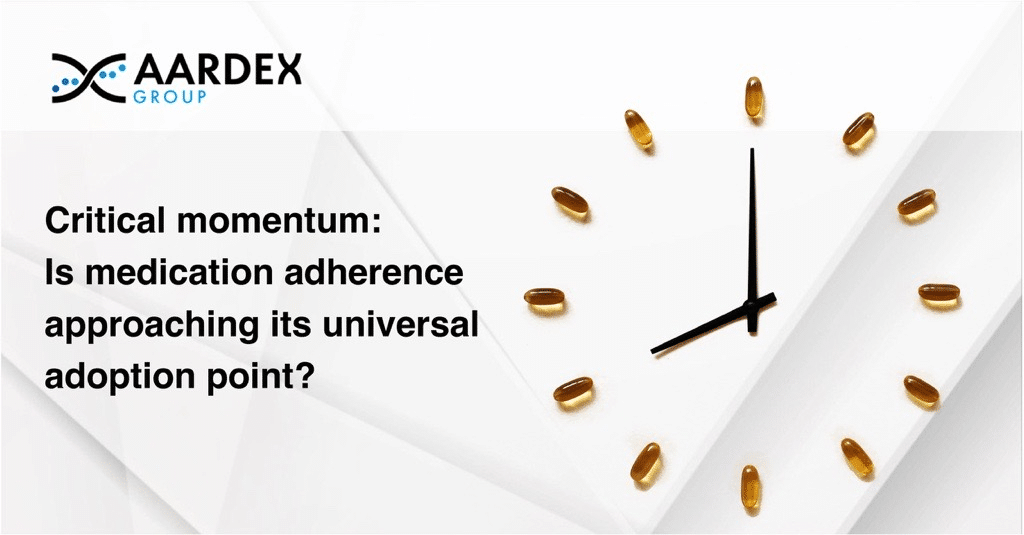
The ‘Don’t Miss a Moment’ campaign – another chapter in the story of medication adherence Years from now, in a future where healthcare is far more digitally embedded than it is today, the date of 27 March 2025 might well

Understanding Depression and Its Impact They might not always be easily identifiable, but millions of people across the globe are living with the debilitating symptoms of depression. This common mental disorder is thought to affect around 5% of the world’s

WHO cares. It’s now time you did Why Change is Needed in Clinical Trials? The old adage tells us not to fix things that aren’t broken. Logic suggests, therefore, that whenever a fix is being applied, things aren’t working as

Enhancing Adherence in Clinical Trials: A Strategic Imperative When a high-profile authority in the medical world, such as the World Health Organization (WHO), publishes guidelines on best practices in clinical trials, the industry takes note. Aiming for Reform and Improvement
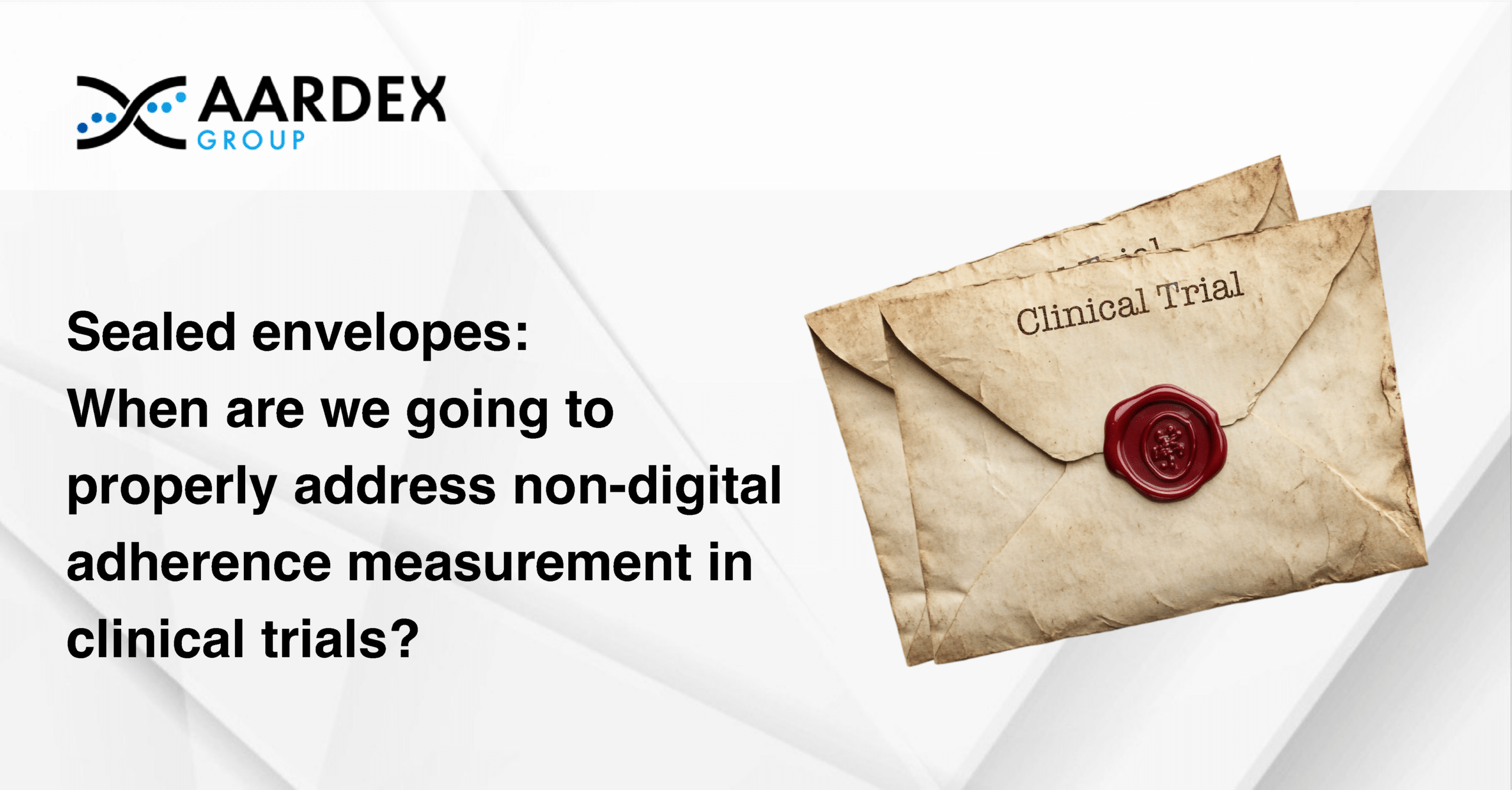
Introduction: The Role of Innovation in Clinical Trials Nostalgia can trick us into thinking that things were better in the “good old days”. But the world of science is rarely a place where sentimentality should cloud better judgement. Rather, it